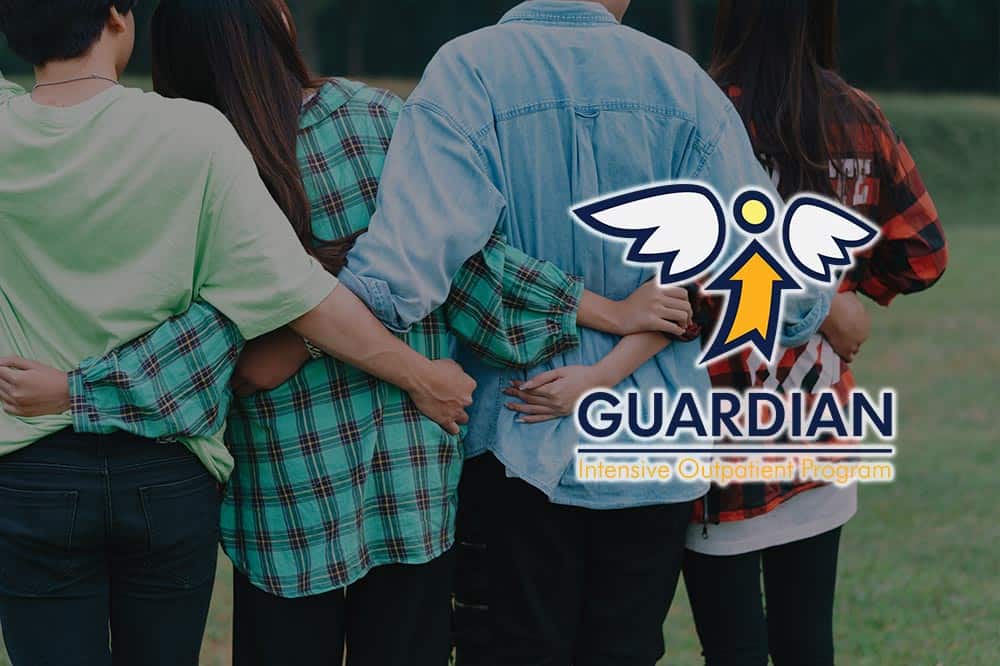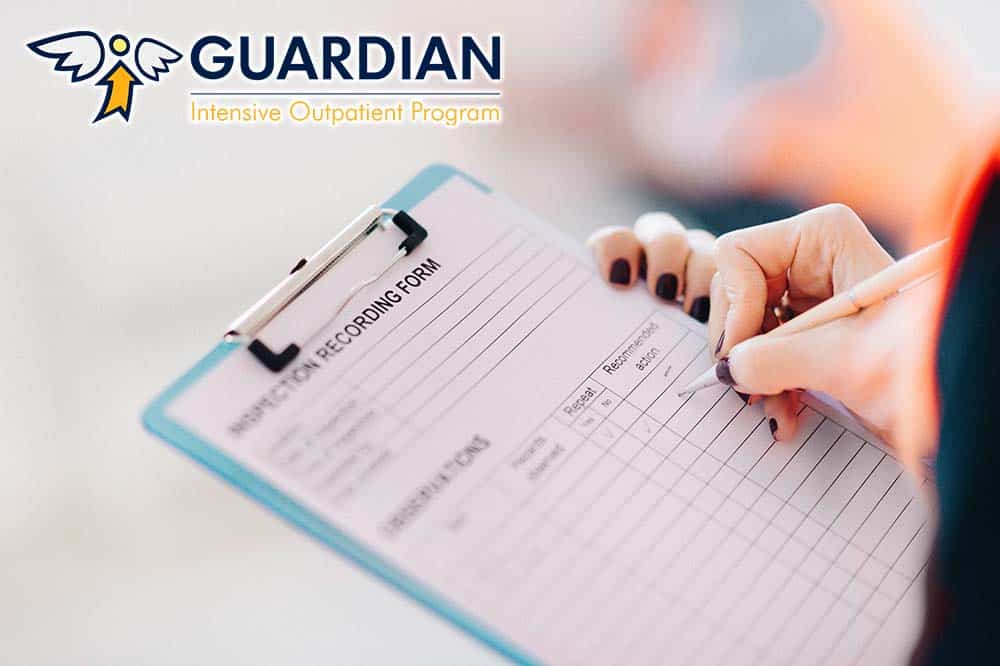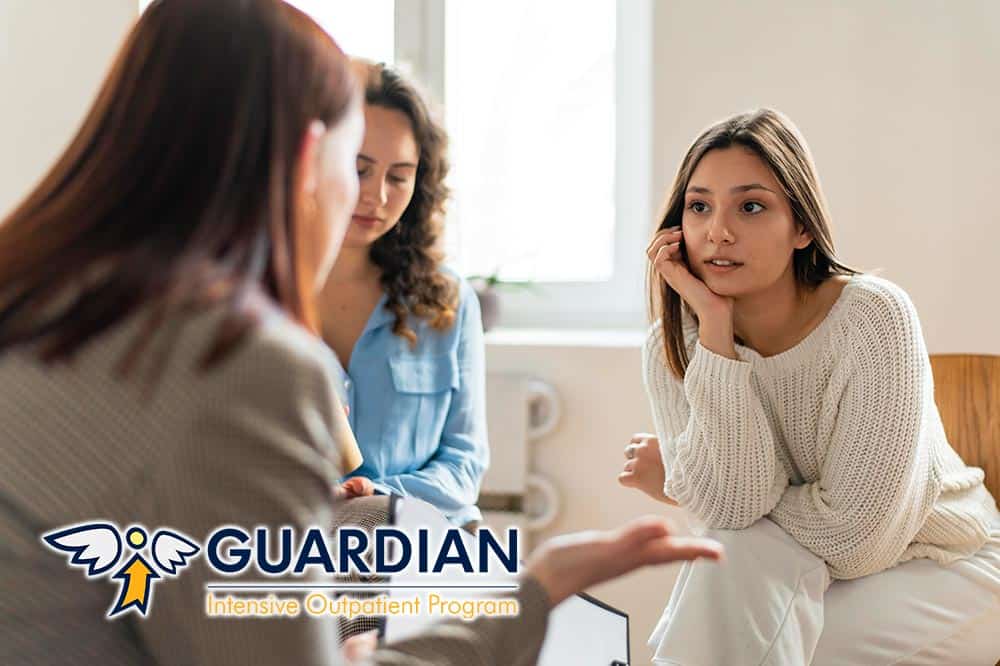Helping vs. Hurting
How to Avoid Enabling an Addict
How to Avoid Enabling an Addict
There is a fine line between helping a loved one through a difficult time and enabling self-destructive behavior. Making this distinction is often quite difficult. If you have a loved one who has been struggling with drug abuse or addiction, you might be wondering whether or not your actions are doing more harm than good. How do you know if you are enabling an addict? If you are enabling someone it means you are allowing negative behavioral patterns to continue. Most people who are actively enabling an addict have no idea their actions are causing harm. They believe they are helping — that without their ongoing assistance, the addict would be even worse off. You might feel as if your family member or close friend is going to completely fall off the deep end if you don’t constantly offer assistance.
The truth is, offering ongoing help and continuously bailing your loved one out could be exacerbating the issue at hand. At Guardian IOP we have seen enabling prolong an addictive disorder that could have been remedied sooner had boundaries been maintained. Many of our staff members have been exactly where you are now, and have helped a loved one through the early recovery process themselves. This allows us a unique, compassionate perspective. To learn more about enabling and about our family-oriented addiction treatment program, contact us today.
How Do I Know if I’m Enabling?
How can you tell if you’re enabling an addict? It can be difficult to tell if you are enabling, seeing as most enabling behavior stems from a genuine desire to help. Look for the following signs that you are enabling your loved one’s addiction.
Enabling Behaviors
- You provide them with financial assistance against your better judgment – Even though you might know that the majority of the money you lend to your loved one goes towards his or her drug habit, you might still offer financial support for fear they will end up without food or shelter.
- You regularly downplay the severity of the problem at hand – You might make excuses for your loved one’s behavior, saying things like, “He isn’t always like this, he’s under a lot of stress at work.” Or, “She’s going through a bit of a rough time but things will be back to normal soon.”
- Your own emotional and mental well-being has begun to suffer because of the support you constantly offer – Enabling someone doesn’t go without personal consequences. Over time, you will start to realize you are emotionally depleted and haven’t been taking care of yourself or making sure your own needs are being met.
- You lie on behalf of your loved one in order to protect them from the consequences of their drug use – Maybe you call in to their job to let their employer know they’re “not feeling well” when in reality they’re undergoing withdrawal; maybe you hire a lawyer when your loved one gets into legal trouble; or maybe you bail them out in other ways. Shielding someone from the consequences of their own actions is not a good way to promote change.
- You ignore the problem at hand and simply pretend like it doesn’t exist – There are different kinds of enablers, and some simply ignore the problem entirely and hope that it will resolve on its own over time. Unfortunately addiction is progressive and usually gets worse over time even if there are brief periods when it appears the addiction is improving.
If any of these behavioral patterns sound familiar to you, there is a good chance you are enabling your addicted loved one. For more information on how to break this detrimental cycle, contact us today.
We Are Here For You
Let Us Help You Heal
Our Drug & Alcohol addiction treatment experience is second to none.
Learn how we can help by speaking with one of our Treatment Advisors today.
How Can You Help?
Most enabling behaviors come from a place of genuine concern. If you have watched a loved one struggle with drug addiction for any period of time, you have probably grown concerned for their safety and well-being. You might think that if you stop offering financial support, legal assistance, emotional support, food and shelter, they might be in more harm. You might ration that letting them engage in drug abuse in your home is better than having them out in the world with no one to look out for them. You might have a false sense of control that if they are under your watchful eye, they are protected. It’s scary to set and maintain boundaries with someone you care about deeply, especially if this person is in the grips of a potentially life-threatening addiction. Allowing the behavior to go on, however, does nothing to promote recovery and may shield an individual from experiencing the lows that could motivate change.
At Guardian IOP we also stand by the idea that treatment does not have to be entirely voluntary in order to be effective. If your loved one is struggling with an addictive disorder that could lead to serious health related consequences or fatality, staging a professional intervention might be a good idea. If you are interested in staging an intervention we are happy to put you in touch with a professional and experienced interventionist.
Our Drug & Alcohol Treatment Services Include
The Importance of Self-Care
The most important thing to do when taking steps to stop enabling and start helping is make sure your own needs are being met. In many cases, enabling behaviors are linked to codependency.

What is codependency? Mental Health America defines codependency as, “An emotional and behavioral condition that affects an individual’s ability to have a healthy, mutually satisfying relationship.” It is also known as “relationship addiction” because people with codependency often form or maintain relationships that are one-sided, emotionally destructive and/or abusive. Codependency was first identified about ten years ago as the result of years of studying interpersonal relationships in families of alcoholics. Codependent behavior is learned by watching and imitating other family members who display this type of behavior.
In order to break this habit and heal from codependent behaviors you have to seek help for yourself. As the saying goes, “One cannot pour from an empty cup.” This means that in order to genuinely help your addicted loved one you have to take steps to ensure that your own well-being is intact. How do you go about doing this? At Guardian IOP we recommend a combination of individual therapy and peer-led support groups designed for people that are in your position. Al-Anon is a great option. This mutual support program allows you to open up about your personal experiences while listening to others share similar experiences. Watching a loved one struggle with addiction can be extremely isolating. Knowing you are not alone can be comforting and reassuring.
“By sharing common experiences and applying the Al-Anon principles, families and friends of alcoholics can bring positive changes to their individual situations, whether or not the alcoholic admits the existence of a drinking problem or seeks help.” — Al-Anon Website
Ready To Begin Your Drug & Alcohol Treatment?
We Offer A Safe & Effective Program
Don’t let Drug & Alcohol addiction control your life.
Call us today and let’s get you started on the path to a better you.
Enabling VS. Helping
How can you make the crucial switch from enabling to helping?
Helpful Behaviors:
- Empower your loved one to seek treatment on their own accord by providing them with a list of applicable resources – You might provide them with a list of 12 Step meetings in your area or with a list of treatment centers that accept their insurance.
- Maintain the personal boundaries you set – If you say, “The next time I find you doing drugs in my house you have to leave,” it is crucial that you stick by what you said. It might seem “heartless” to kick someone you love out of a safe space, but unless this person faces the consequences of their own actions they will have no motivation to get sober.
- Supporting all efforts toward sobriety that are being made – If you cut off a loved one and they call asking for a ride to detox, it is okay to be there for them in that capacity. Just make sure that all efforts are sincere and that you aren’t being manipulated.
Begin Healing Now!
Have A Call With One Of Our Treatment Advisors
Don’t Suffer Any Longer
Our Family-Oriented Recovery Program
Addiction is often considered a “family disease,” due to the profound effects it can have on the family unit. Addiction can cause feelings of animosity, resentment, distrust, anxiety, aggravation, and even depression in each member of an addict’s family. Relationships are compromised or broken as family members struggle with how to be supportive without enabling and firm without being unreasonable. Enabling is especially common in family members who fear the addict will reject or abandon them if they try to deter the addictive behaviors. At Guardian IOP we believe in treating all members of the daily simultaneously. This facilitates lasting healing and improves the probability that a client will maintain long-term sobriety. Contact us today to learn more about our family-oriented intensive outpatient treatment program.
Get Started Now
Give us a call 24/7
(888) 693-1894


Reviewed for accuracy by:
Anna Marie Barrett LCSW, CYT
Anna earned her Masters of Social Work at Barry University in Miami, FL in 2017 and completed her internship in co-occurring disorders. Anna has a Bachelors of Art in Religious Studies from Naropa University and is a certified yoga and meditation instructor. Anna has received specialized training in somatic counseling with an emphasis on body-centered psychotherapy.




















